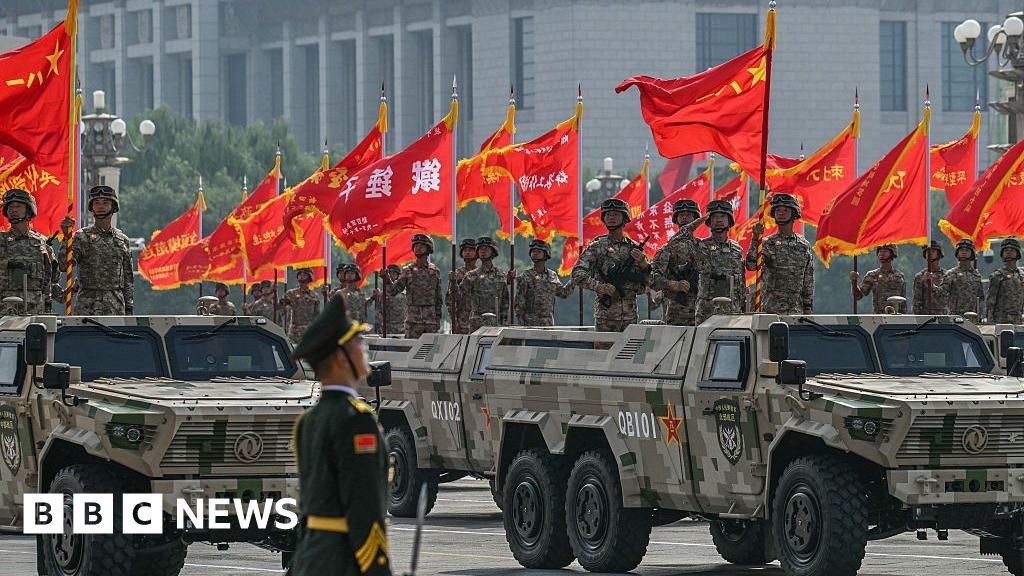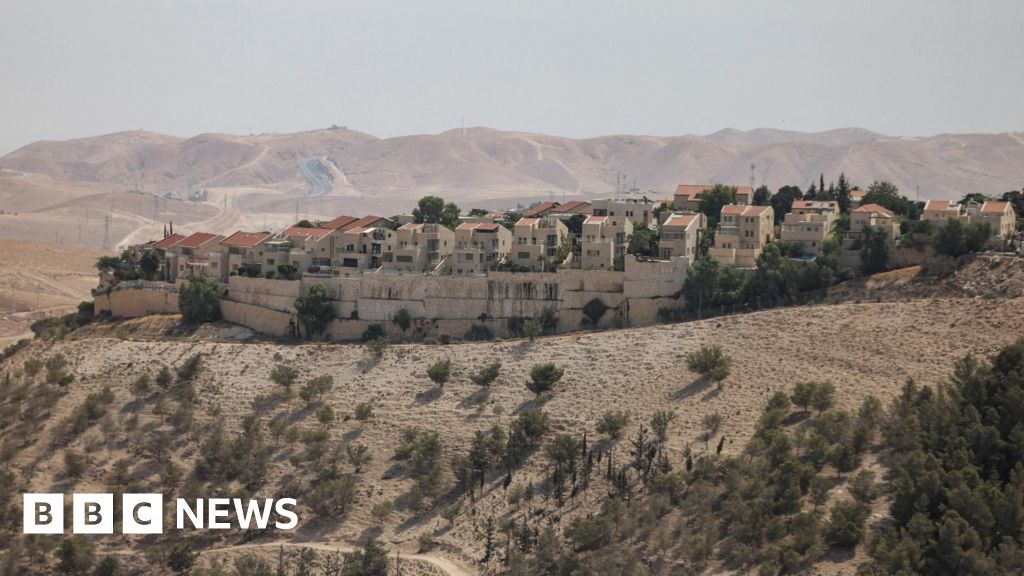OPINION — “Government has assured emaSwati [the Swazi people] that the arrival [in southern Africa Wednesday in Eswatini, formerly Swaziland] of five third-country deportees from the United States of America poses no security threat to the Nation. Government said these deportees are in transit and will be repatriated to their respective countries. Government has, however, acknowledged the security concerns of emaSwati, further confirming that indeed, the five prisoners are in the country and are housed in Correctional facilities within isolated units, where similar offenders are kept. The Nation is assured that these inmates pose no threat to the country or its citizens.”
That was Eswatini government spokesperson Thabile Mdluli, confirming last week, the transfer from the U.S. of five immigrant criminals who were citizens of Vietnam, Jamaica, Cuba, Yemen and Laos.
Mdluli said their presence in Eswatini was “the result of months of robust high-level engagements between the U.S. Government and Eswatini,” and that, “The two Governments will collaborate with the [United Nations] International Organization for Migration (IOM) to facilitate the transit of these inmates to their countries of origin."
Last Thursday, an IOM spokesperson said that the agency “was not involved in this operation and has not been requested to provide post-removal assistance,” but “as always, stands ready to support Member States.”
The State Department’s 2023 Human Rights Report's section on Eswatini noted “credible reports of: arbitrary or unlawful killings, including extrajudicial killings; torture and cruel, inhuman, or degrading treatment or punishment by the government."
Last Wednesday, Homeland Security Department Assistant Secretary for Public Affairs Tricia McLaughlin described the five as “individuals so uniquely barbaric that their home countries refused to take them back,” adding, “These depraved monsters have been terrorizing American communities, but thanks to POTUS [President Trump] and [Homeland Security Secretary Kristi] Noem, they are off of American soil.”
While much has been written about the law covering domestic activities of Immigration and Customs Enforcement (ICE) here in the U.S., there are still procedural questions about the Trump administration’s decision to send migrant criminals to third countries, a move covered by different American laws and international conventions.
Everyone needs a good nightcap. Ours happens to come in the form of a M-F newsletter that keeps you up to speed on national security. Sign up today.
Let’s start with the question of the agreement that led to the group now being held in Eswatini. No such agreement has been made public. Some analysts suggest Eswatini may be trying to safeguard sugar exports to the U.S. — the small African country’s fourth largest customer — from new Trump tariffs.
The Eswatini government has declined to say whether any money from Washington came as part of the deal. The question was raised because there was a $6 million U.S. payment acknowledged in the Trump administration’s February 2025 arrangement with El Salvador, which involved sending up to 300 Venezuelan deportees to that country.
Money has also been raised because of the reputation of Eswatini’s 57-year-old King Mswati III, the last remaining absolute monarch in Africa, who has a family that includes 15 wives. He is accused by human rights groups of enjoying a lavish lifestyle, while most of the country’s 1.2 million people are impoverished.
Last Friday, Newzroom Afrika, South Africa's 24-hour digital television news channel, carried an interview with Ramza Matimela, the Secretary General of Swaziland Liberation Movement, who is now living in exile in Ireland. He said, “We know very well that we have got a greedy leader who wants to accumulate everything for himself…Again, we have a government that is trying to please everyone at the expense of its own people.”
Eswatini is not the only African country the Trump administration has approached to take migrant criminals. According to The Wall Street Journal, the administration asked five West African countries to accept deportees from the U.S. whose home countries refused them or were slow to take them back — before their leaders met with Trump on July 9.
President Umaro Sissoco Embaló of Guinea Bissau said Trump discussed the topic during the summit, but did not specifically ask the African nations to agree to accept deportees, according to press reports.
On July 10, Nigeria’s Foreign Minister Yusuf Tuggar said in an interview that his country had rejected a proposal from the U.S. to accept deported Venezuelans, including some with criminal records.
The Cipher Brief brings expert-level context to national and global security stories. It’s never been more important to understand what’s happening in the world. Upgrade your access to exclusive content by becoming a subscriber.
There are also questions surrounding the eight men sent to South Sudan. They were convicted of serious crimes in the United States, though many had either finished or were about to finish serving their sentences. One was from South Sudan, but the others were from Cuba, Mexico, Laos, Myanmar, Sudan and Vietnam. They were to be deported on May 20 to South Sudan, a war-torn country that recently emerged from civil war.
Take a moment to consider the legal situation and the laws involved.
Under the Immigration Act, the U.S. Government can conduct what is known as a “third country removal,” to any country with a government that will accept the illegal alien. This is permissible if the individual will not be accepted by his/her country of origin.
The non-citizen facing removal, under domestic and international law, can claim, if given the opportunity, that there are substantial grounds that he/she would be in danger of torture or cruel punishment in the proposed third country.
On May 20, U.S. District Judge Brian Murphy in Massachusetts, who in April had issued a temporary restraining order that barred any migrant deportations from the U.S. to countries other than their own, held an emergency hearing on the South Sudan eight. At that hearing, a lawyer for the Vietnam deportee said his client was given less than 24 hours' notice of his removal, and had no ability to contest it in his native language.
It turned out that notice of their deportation was provided to the detainees at 5:45 p.m. for a 9:35 a.m. departure the next morning without access to an attorney.
The next day, Judge Murphy ruled that the South Sudan eight fell under his April order barring migrant deportations and that they should be held for interviews. As a result of Judge Murphy’s order, the aircraft carrying the eight from Texas to South Sudan was diverted to an American military base in Djibouti, Africa. There the eight remained under guard for weeks while the Trump Administration took their case opposing Judge Murphy’s restraining order on an emergency appeal to the Supreme Court.
On June 23, by a 6-to-3 vote, the Supreme Court Justices reversed Judge Murphy’s order requiring the government to halt third country deportations until there was settlement on the pending legal issue that migrants are required to have a "meaningful opportunity" to tell officials what risks they might face being deported to a third country.
The Justices in the majority did not give their reasoning. But Justice Sotomayer, joined by Justices Kagan and Jackson, wrote an 18-page dissent that in one part pointed out, “Rather than allowing our lower court colleagues to manage this high-stakes litigation with the care and attention it plainly requires [meaning the underlying issue of requiring a chance to challenge deportation], this Court now intervenes to grant the Government emergency relief from an order [Murphy’s temporary restraining order] it has repeatedly defied. I cannot join so gross an abuse of the Court’s equitable discretion.”
I point out that while the South Sudan eight are now in that country facing an unknown fate, there remains the basic legal case at the District Court level of whether the U.S. Government is required by law to give potential third country deportees an opportunity to object.
As Justice Sotomayor put it, “Plaintiffs alleged that the Government’s apparent policy of removing noncitizens to a third country without notice or the opportunity to file a claim under the [International] Convention violated the immigration laws, the regulations implementing the Convention, and the Fifth Amendment’s Due Process Clause. Among other things, plaintiffs sought temporary and permanent injunctive relief preventing their own removal and the removal of putative class members without adequate notice and a ‘meaningful opportunity’ to present a claim under the Convention.”
I should point out again that one of the South Sudan eight was originally from that country, but on July 16, New Yorker Magazine reported that, “their families have reportedly not heard from them since their arrival [July 8] in that country.
While those families still have a lot of questions, it's the legal answers that will have the most impact moving forward.
Opinions expressed are those of the author and do not represent the views or opinions of The Cipher Brief.
The Cipher Brief is committed to publishing a range of perspectives on national security issues submitted by deeply experienced national security professionals.
Have a perspective to share based on your experience in the national security field? Send it to Editor@thecipherbrief.com for publication consideration.
Read more expert-driven national security insights, perspective and analysis in The Cipher Brief

 1 month ago
16
1 month ago
16









 English (US) ·
English (US) ·